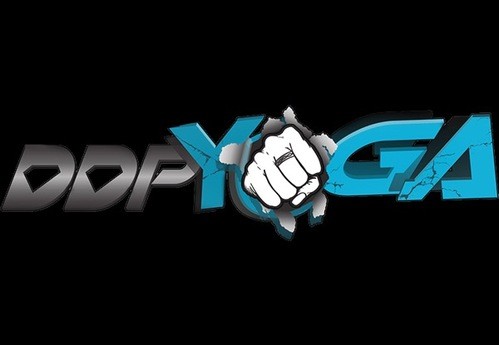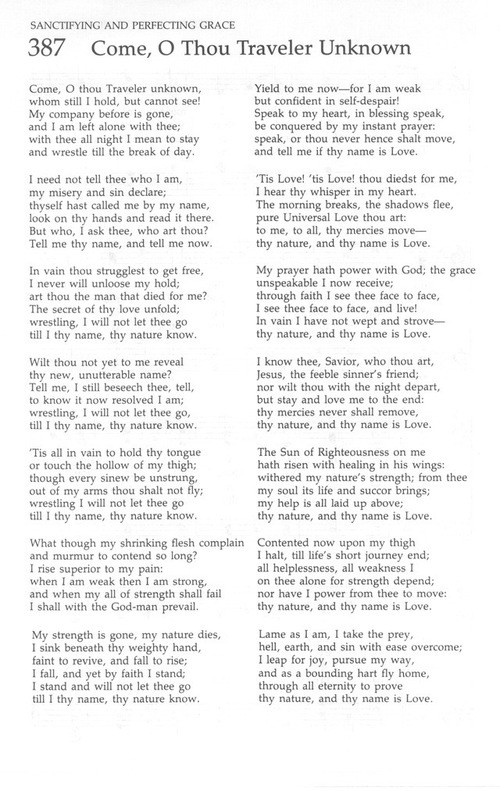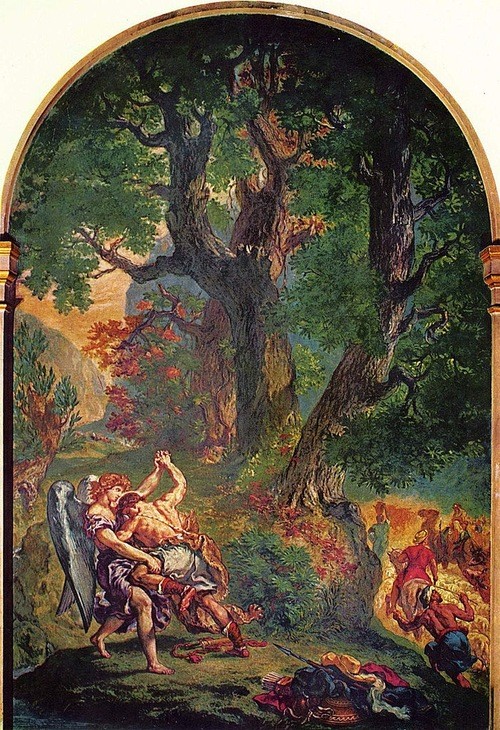The Story - Chapter 2
Anyone a wrestling fan? No, I’m not talking about the cauliflower ear/singlet-wearing Olympic wrestling, but of Hulk Hogan/Smelling what The Rock is Cookin’ wrestling!
If you’re familiar with WWE, you probably know Diamond Dallas Page (DDP), a legendary wrestler known for his intense matches and iconic finishing move, the Diamond Cutter. But DDP’s influence goes beyond the ring—he’s also the creator of DDP Yoga, a program I use multiple times a week (shout-out to Wes Jones for the recommendation!) DDP Yoga combines the physicality of pilates and calisthenics, with the mindfulness of yoga, offering a way to build strength and flexibility through persistence and determination. I love it!
If you’re familiar with WWE, you probably know Diamond Dallas Page (DDP), a legendary wrestler known for his intense matches and iconic finishing move, the Diamond Cutter. But DDP’s influence goes beyond the ring—he’s also the creator of DDP Yoga, a program I use multiple times a week (shout-out to Wes Jones for the recommendation!) DDP Yoga combines the physicality of pilates and calisthenics, with the mindfulness of yoga, offering a way to build strength and flexibility through persistence and determination. I love it!

This idea of strength through struggle resonates deeply with the biblical story of Jacob in Genesis 32:22-32 (pages 23-24 in The Story). In a scene that rivals any wrestling match, Jacob finds himself alone by the Jabbok River, wrestling not with a human opponent but with God Himself. This all-night struggle leaves Jacob with a limp but also with a new identity—Israel, meaning "he struggles with God." Just as DDP’s workouts challenge the body to push through discomfort to achieve transformation, Jacob’s wrestling match challenges his very soul, leading to profound spiritual change.
Charles Wesley, the co-founder of Methodism with his brother John, captured the essence of Genesis 32:22-32 in his hymn "Wrestling Jacob" (also known as "Come, O Thou Traveler Unknown"). You can find this hymn, and its extended version, on pages 386-387 in the United Methodist Hymnal. Wesley’s hymn is a poetic reflection on Jacob’s encounter with God, portraying the intense, mysterious struggle and the deep desire for a blessing. The hymn opens with Jacob’s plea: "Come, O Thou Traveler unknown, whom still I hold, but cannot see," mirroring Jacob’s determination to cling to God, even in the midst of uncertainty and pain.
Wesley’s verses explore themes of identity and divine revelation. Just as DDP Yoga pushes practitioners to find their inner strength, the hymn reflects on how our spiritual struggles can lead to a deeper understanding of ourselves and God’s nature. The hymn concludes with a powerful realization: "Thy nature and thy name is Love," highlighting the ultimate discovery that through wrestling with God, we come to understand His true nature.
Wesley’s verses explore themes of identity and divine revelation. Just as DDP Yoga pushes practitioners to find their inner strength, the hymn reflects on how our spiritual struggles can lead to a deeper understanding of ourselves and God’s nature. The hymn concludes with a powerful realization: "Thy nature and thy name is Love," highlighting the ultimate discovery that through wrestling with God, we come to understand His true nature.

For us United Methodists, Jacob’s story and Wesley’s hymn invites us to view our own spiritual struggles through a new lens. Like a challenging workout, our spiritual battles push us to grow, to dig deeper, and to persevere even when the journey is tough. Jacob’s wrestling with God is not just an ancient story but a metaphor for our ongoing faith journey. Wesley’s hymn encourages us to hold on to God, trusting that through our struggles, we will be transformed.
As we study Chapter 2 - God Builds a Nation, we see how Jacob’s personal transformation mirrors the larger narrative of God’s covenant with Israel. Just as God built a nation through Jacob’s descendants, He continues to build His church through the struggles and triumphs of His people. Wesley’s interpretation of Jacob’s wrestling match reminds us that our encounters with God, though often challenging, are ultimately redemptive.
In our own lives, whether we’re wrestling with questions of faith, doubt, or the physical challenges of something like DDP Yoga, the story of Jacob and the words of Wesley encourage us to embrace these moments. Through them, we can be transformed, just as Jacob was. God meets us in our struggles, ready to bless us and give us a new identity in Him!
As we study Chapter 2 - God Builds a Nation, we see how Jacob’s personal transformation mirrors the larger narrative of God’s covenant with Israel. Just as God built a nation through Jacob’s descendants, He continues to build His church through the struggles and triumphs of His people. Wesley’s interpretation of Jacob’s wrestling match reminds us that our encounters with God, though often challenging, are ultimately redemptive.
In our own lives, whether we’re wrestling with questions of faith, doubt, or the physical challenges of something like DDP Yoga, the story of Jacob and the words of Wesley encourage us to embrace these moments. Through them, we can be transformed, just as Jacob was. God meets us in our struggles, ready to bless us and give us a new identity in Him!
Recent
Archive
2025
January
2024
August
October
Categories
no categories


No Comments